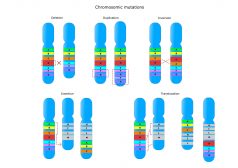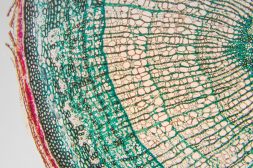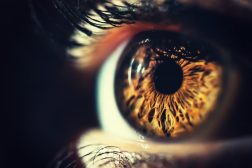A vestige, in biology, refers to the vestigial structures. Etymologically, the term came from the Latin vestīgium, meaning “footstep”, “footprint”, “a trace”, or “a mark”. Thus, vestiges are structures that were once anatomically important but have eventually turned out as unimportant. For example, the degenerated remains of a structure that occurs as an entity in the embryo or fetus are vestiges. They are also referred to as vestigial organs. However, they are not organs, as they should be functional. Many of them have lost functionality, degenerate, atrophied, or rudimentary. Vestiges may also refer to the ancestral bodily parts or attributes (such as behavioral patterns and biochemical changes) that have been retained but the original function has not. The appendix, the coccyx bone, and the vomeronasal organs are considered evolutionary vestiges in humans. The wings of penguins are also vestiges. Another example is the hind legs (spurs) of the snake and the whale. They were once functional among their ancestors but apparently have become non-functional or less functional. In order to determine if a bodily part or attribute is a vestige, homologous features in related species are compared and assessed. Possibly, these vestiges have persisted across species because they pose no harm and as such natural selection did not spur its “disposal”.
See also
- Appendix
- Coccyx
References
- Lawrence, Eleanor (2005) Henderson’s Dictionary of Biology. Pearson, Prentice Hall.
- Muller, G. B. (2002) “Vestigial Organs and Structures”. in Encyclopedia of Evolution. Mark Pagel, editor in chief, New York: Oxford University Press. pp. 1131–1133.
© Biology Online. Content provided and moderated by Biology Online Editors







